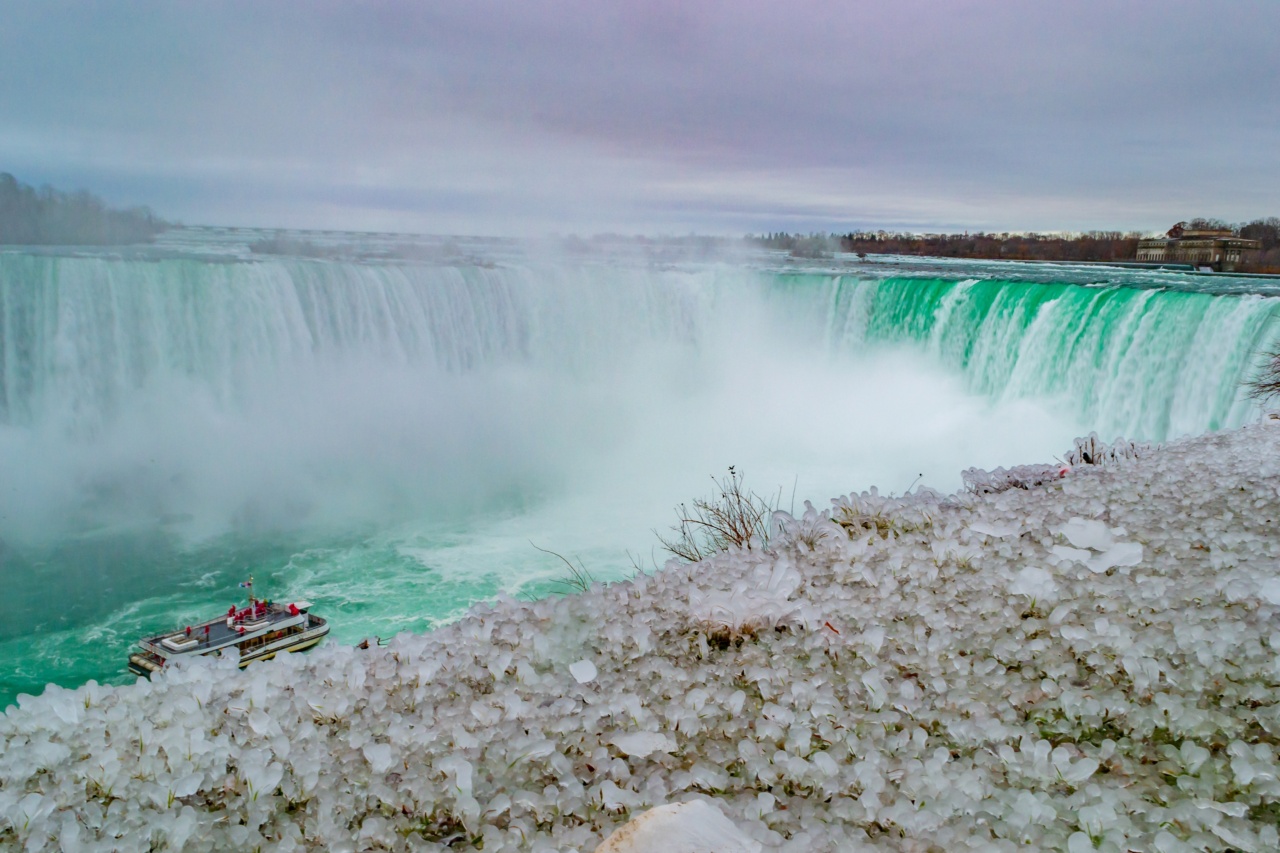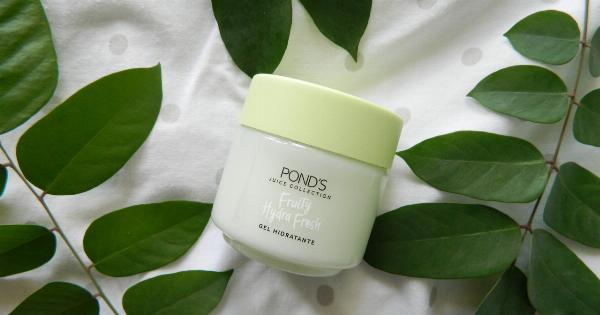Facial cleansing is an important part of any skincare routine, but what type of water should you use? Some people believe that hot water is better for cleansing, while others swear by cold water.
In this article, we’ll explore the benefits and drawbacks of each and help you make an informed decision.
The benefits of hot water
Hot water has some benefits when it comes to facial cleansing. For starters, it can help to open up your pores and loosen any dirt or impurities that may be trapped inside.
This can make it easier for your cleanser to do its job and leave your skin feeling refreshed.
In addition, hot water can help to increase circulation, which can promote healthy skin. When your blood vessels dilate, more blood and nutrients can reach your skin cells, which can help to improve their overall health.
Finally, some people find that hot water can be more soothing than cold water, especially if they have sensitive skin. The warmth can help to relax any tension in your skin and leave you feeling calmer and more relaxed.
The drawbacks of hot water
While hot water can have its benefits, it’s not perfect. One major drawback is that it can strip your skin of its natural oils, leaving it feeling dry and tight.
This can be especially problematic if you already have dry skin or if you live in a dry climate.
Another issue is that hot water can be too harsh for some skin types, particularly if you have rosacea or eczema. The heat can exacerbate these conditions and leave your skin feeling irritated and inflamed.
Finally, hot water can make your skin more susceptible to sun damage. When you expose your skin to heat, it can become more sensitive to light, which can increase your risk of sunburn and other types of damage.
The benefits of cold water
Cold water also has its benefits when it comes to facial cleansing. For one thing, it can help to reduce inflammation and puffiness, which can be particularly beneficial in the morning when your face is often a little bit swollen.
In addition, cold water can help to tighten your pores and make your skin appear more toned and refreshed. This can be especially helpful if you have oily skin or if you’re prone to breakouts.
Finally, cold water can be more refreshing than hot water, especially during the summer months. The coolness can help to wake you up and leave you feeling invigorated.
The drawbacks of cold water
Just like hot water, cold water has its downsides. One of the biggest issues is that it may not be as effective at removing dirt and oil from your skin. If your pores are clogged, cold water may not be enough to loosen them up and get them clean.
Cold water can also be uncomfortable, especially if your skin is sensitive. The coolness can be a shock to your skin and leave it feeling tight and uncomfortable.
Finally, cold water isn’t great for increasing circulation, which means that your skin may not be getting all the nutrients it needs to stay healthy and vibrant.
The verdict
So, which is better? Ultimately, it depends on your skin type and personal preferences. If you have oily or acne-prone skin, cold water may be more beneficial for you. If you have dry or sensitive skin, hot water may be more soothing and effective.
Regardless of which temperature you choose, it’s important to be gentle when cleansing your face. Use a mild cleanser and avoid scrubbing too hard, as this can damage your skin and exacerbate any issues you may be experiencing.
Conclusion
Facial cleansing is an important part of any skincare routine, and the temperature of your water can play a role in its effectiveness.
While hot water can help to open up your pores and promote circulation, it can also be harsh and strip your skin of its natural oils. Conversely, cold water may be more refreshing and help to reduce inflammation, but it may not be as effective at removing dirt and oil. Ultimately, the choice is up to you, but be sure to be gentle and kind to your skin when cleansing!.



























